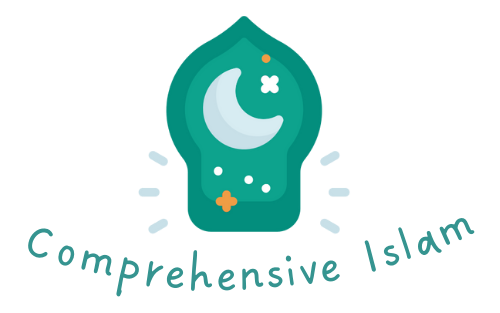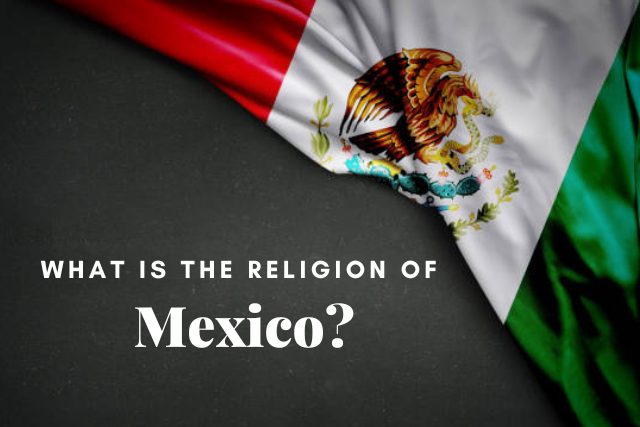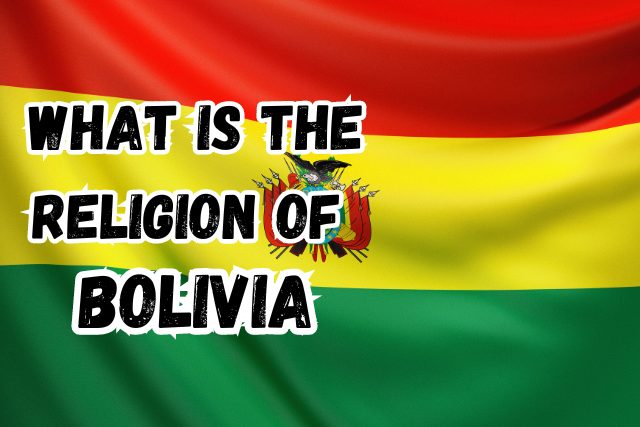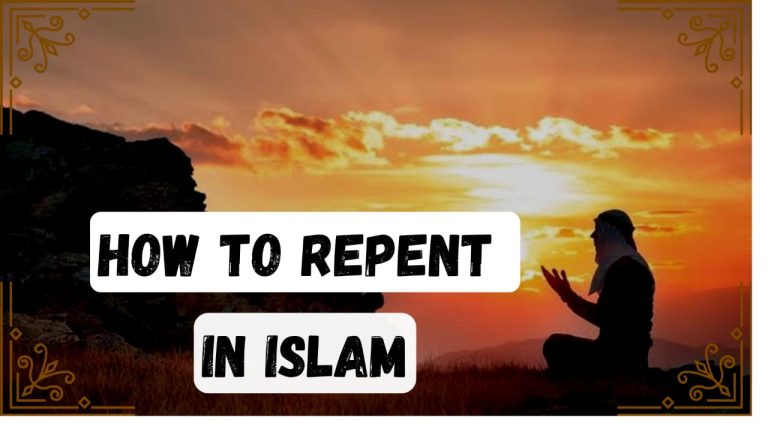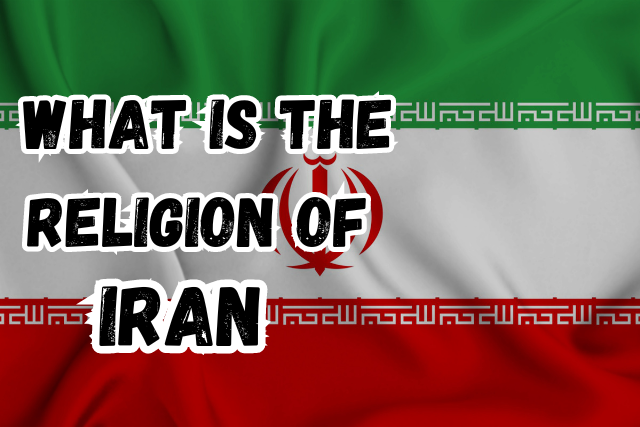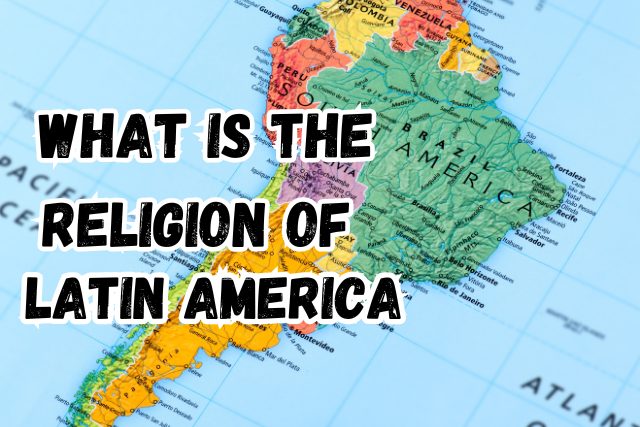What is the Religion of Equatorial Guinea

Step into the cultural and spiritual tapestry of Equatorial Guinea. Equatorial Guinea is a small but diverse nation on the west coast of Central Africa. The religious identity of this unique country is a rich tapestry woven with threads of indigenous beliefs, Christianity, and a blend of various influences.
Explore the ancestral rituals that resonate through the lush rainforests and the echoes of hymns in colonial-era churches. Equatorial Guinea’s religious narrative reflects a harmonious coexistence of diverse faiths. It offers a fascinating glimpse into the fusion of history and tradition that defines this West African gem.
Let’s unravel the threads of faith that contribute to the spiritual essence of Equatorial Guinea. Ready to delve into this illuminating journey? Let’s explore together.
Christianity
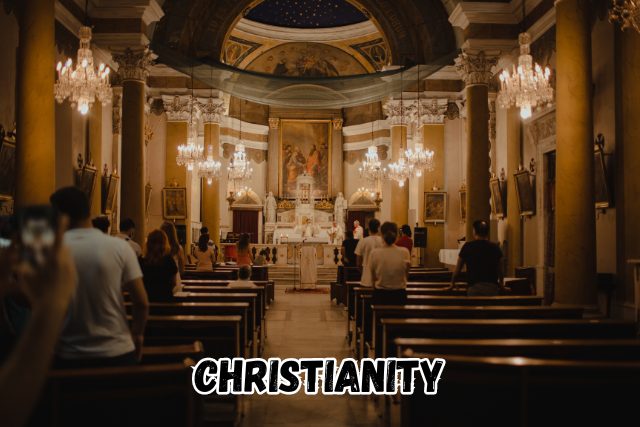
Christianity, particularly Roman Catholicism holds a prominent place in Equatorial Guinea’s religious landscape. Its roots can be traced back to the era of European colonization. The Spanish (who colonized the region) played a significant role in introducing and establishing Christianity in the country.
Over the years, Christianity has become deeply integrated into the cultural and social fabric of Equatorial Guinea. The influence of Catholic traditions is evident in various aspects of daily life, from religious practices to societal norms. These are the major denominations of Christianity:
Roman Catholicism
The predominant religion in Equatorial Guinea is Christianity. The majority of the population identifies as Roman Catholic. Catholicism has deep historical roots in the country, dating back to the period of Spanish colonization. The influence of Catholic traditions is evident in various aspects of Equatorial Guinean culture.
Protestantism
In addition to Catholicism, there is a growing presence of Protestant denominations in Equatorial Guinea. Protestant communities have gained followers over the years. Which adds to the diversity within the Christian faith. These communities include Evangelical and Pentecostal groups.
Religious Practices
Christianity in Equatorial Guinea is marked by vibrant religious ceremonies and festivals. Easter and Christmas are celebrated with religious processions, church services, and community gatherings. They reflect the deep-rooted Christian traditions.
The practice of Christianity in Equatorial Guinea often involves a syncretic blend with indigenous customs and traditions. This cultural integration enriches the religious experience, creating a unique expression of faith.
Indigenous Beliefs

Equatorial Guinea, with its rich cultural tapestry, is home to diverse indigenous beliefs that have endured for generations. These belief systems are deeply intertwined with the customs, folklore, and spiritual practices of various ethnic groups across the nation.
Ancestral Spirits and Nature
Indigenous beliefs often center around a profound connection to ancestors. Ancestral spirits are revered, and rituals are conducted to honor their guidance and seek blessings for the community.
The natural environment holds spiritual significance. Their beliefs emphasize the interconnectedness of humans with the land, rivers, and forests. Indigenous practices often involve rituals to maintain harmony with nature.
Rituals and Ceremonies
Indigenous beliefs are expressed through communal rituals and ceremonies. These mark significant events such as births, marriages, and harvests. These events are occasions for expressing gratitude and seeking blessings from the spiritual realm.
Symbolic elements, such as dance, music, and sacred objects, play a crucial role in indigenous rituals. These practices serve to communicate with the spiritual world and reinforce a sense of cultural identity.
Coexistence with Christianity
Indigenous beliefs often coexist with Christianity, creating a diverse religious landscape. Interfaith understanding and dialogue contribute to a harmonious blending of cultural and spiritual practices.
Islam

While Christianity dominates, there is a minority Muslim population in Equatorial Guinea. Islam has a historical presence in Equatorial Guinea, and its influence dates back to trade routes and interactions with neighboring regions.
In addition, the spread of Islam was not as extensive as in some other African nations. But it has left a lasting impact on the cultural and religious fabric of the country.
Moreover, the majority of Muslims in Equatorial Guinea adhere to Sunni Islam. While the Muslim population is not as large as that of Christians, Islam plays a significant role in the nation’s religious diversity.
Religious Practices
Muslims in Equatorial Guinea actively engage in daily prayers. Particularly, congregational Friday prayers are a significant communal event. Mosques serve as not just places of worship, but also as community hubs fostering spiritual growth.
The observance of Ramadan, the holy month of fasting, is a central religious practice. Eid al-Fitr and Eid al-Adha mark the end of Ramadan and the celebration of the Hajj pilgrimage, respectively, with communal prayers and festive gatherings.
Interfaith Relations
Equatorial Guinea is known for the generally peaceful coexistence between Christians and Muslims. While the majority of the population is Christian, the Muslim minority contributes to the religious diversity and cultural richness of the nation.
Cultural Contributions
Islam has left an indelible mark on Equatorial Guinea’s arts and architecture. Mosques, with their intricate designs and artistic elements, stand as a testament to the cultural and religious contributions of the Muslim community.
Religious Freedom and Coexistence

Equatorial Guinea has a history of religious tolerance, and different religious communities often coexist harmoniously. The government generally supports freedom of religion, allowing various faiths to practice without significant restrictions.
Equatorial Guinea’s constitution guarantees the freedom of religion and belief. Individuals have the right to practice any religion of their choice. The government recognizes the importance of protecting this fundamental freedom.
However, the dominant presence of Christianity, especially Roman Catholicism, can pose challenges for religious minorities. While efforts are made to ensure inclusivity, there may be instances where minority religions face obstacles or lack representation.
The government of Equatorial Guinea acknowledges the importance of maintaining religious harmony. Policies aim to facilitate interfaith dialogue and understanding. It fosters an environment where diverse religious beliefs can coexist peacefully.
Wrapping Up
Equatorial Guinea’s religious landscape is characterized by a harmonious blend of Catholicism, Protestantism, indigenous beliefs, and Islam. The coexistence of diverse religious practices reflects the cultural richness of the nation. To build a united and inclusive society, Equatorial Guinea will need to celebrate religious diversity and foster interfaith understanding.
FAQs
What is the Religion of Equatorial Guinea?
The main religion in Equatorial Guinea is Christianity, with a significant majority being Roman Catholic.
Are there Muslims in Equatorial Guinea?
Yes, there is a minority of Muslims in Equatorial Guinea, mainly practicing Sunni Islam.
Do traditional indigenous beliefs coexist with major religions?
Yes, traditional indigenous beliefs coexist alongside Christianity and Islam, contributing to religious diversity.
Is there religious freedom in Equatorial Guinea?
Yes, Equatorial Guinea recognizes religious freedom, but challenges exist in maintaining harmony among diverse faith communities.
